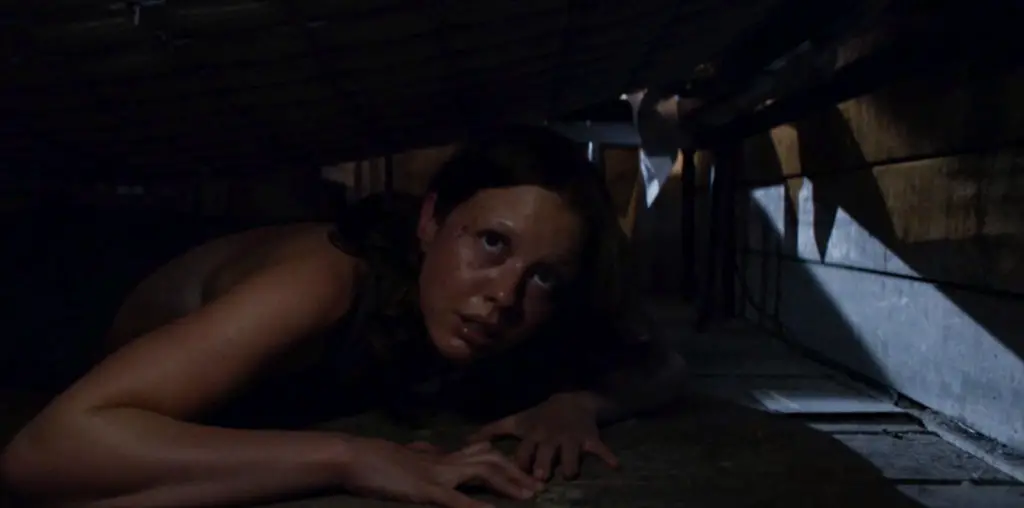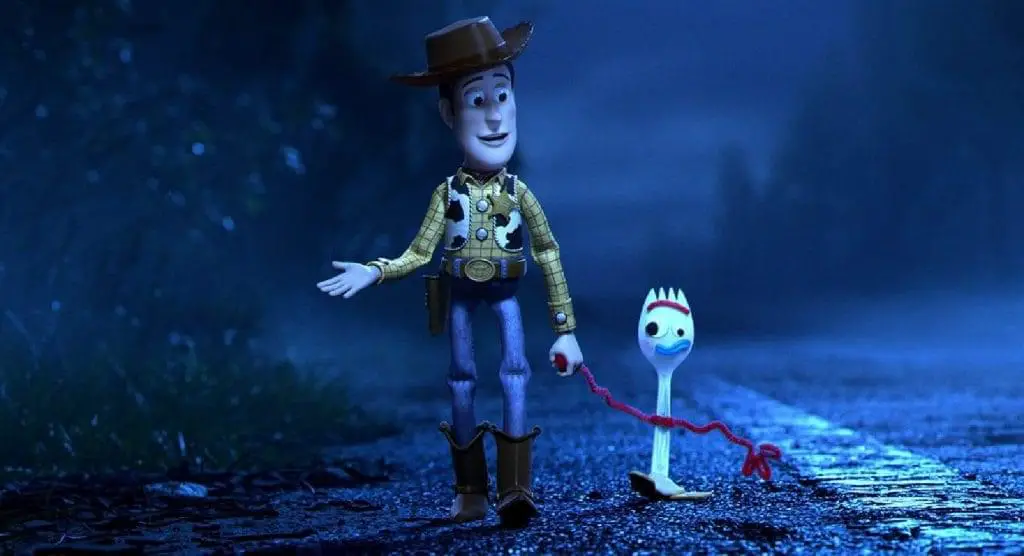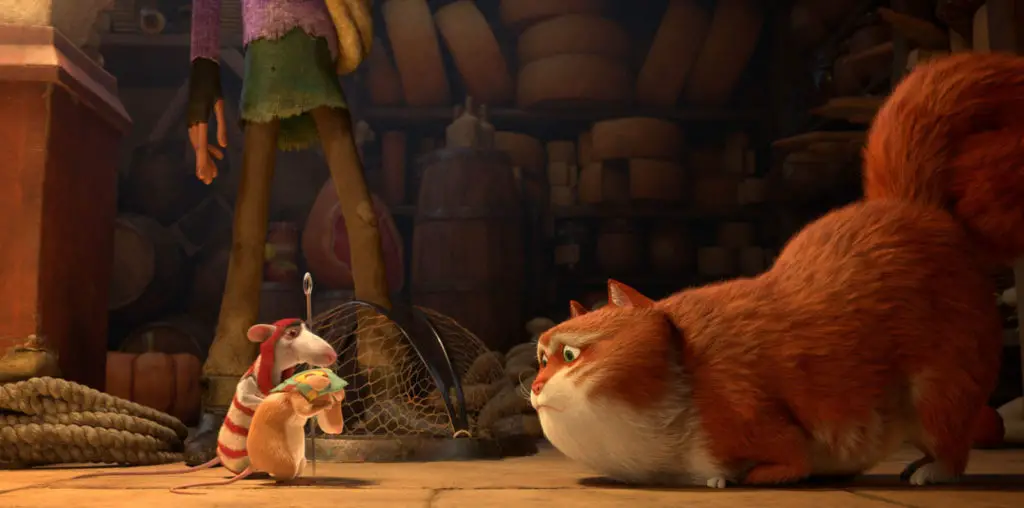
Jim (Dave Gerjets) is on his way to commit suicide when he instead accidentally almost drowns. During his near-death experience, he has a vision of man (Scott Jensen) instigating him to run for mayor of a small town, overthrowing the rule of the crime-infested, corruption-friendly Boulder family. Jim accepts his new reason to live, but he needs help.
Enter Trevis (Will Farley), a psychopath former heavy for the Boulder family who is none too pleased with how they treated him. Looking for some revenge, and seeing an opportunity to fill the criminal power vacuum should Jim succeed, Trevis agrees to lend his unsavory help to the cause, sparking an underground turf war. Along for the ride is poker genius Frank (Justin Hawkins), who is stuck doing business with Trevis despite wishing he could be anywhere else.
Once Upon A Time In The Midwest is a sprawling crime tale that goes for epic but is instead undone by its own ambitions. What could be considered clever and crafty comes out convoluted and confusing instead. Eventually your mind figures out what’s going on, but by the time you do, interest has checked out.
For example, the film is made up of significant amounts of back story and flashback, but that isn’t initially all that apparent. There were a few sequences early on where I didn’t get that we were seeing back story, and instead I wondered who these characters were and why I was seeing these seemingly out of sequence scenes.
I’ll admit seeing squiggly lines or hearing odd audio to denote a flash to the past is a silly solution, but some sort of visual break, even if it’s a black frame with a text card, or something, would help. Tarantino hops all over the place with his narratives, but he also lets you know when it is happening. Get stylistic and nutty with it, but let your audience follow along; Trainspotting hops all over the place too, but it doesn’t feel unhinged or confusing.
You still might be a little lost, though, because the film is full of different characters and subplots that, ultimately, don’t matter. Even the main story of wrapping the entire plot in some weird political scenario, while it has pay-off by the end, is under-utilized for the most part, with Jim disappearing for long swaths of the film’s running time. The film is at its best when it explores the nuances and developments with Frank’s storyline, and maybe it should’ve focused there altogether. If this were an anthology film, Jim’s storyline would be the wrapper that ties things together but offers little else.
I get the intention, the attempt to tell everyone’s story to make a compelling narrative, but the balance just isn’t right. Instead it comes off as meandering. Not every character is intriguing enough to justify their inclusion, and at a certain point you just wonder “who is this person again?” Another, lesser, gripe is how distracting the casting can be. Save for one or two roles, everyone seems to be too young to be hardened criminal masterminds, henchmen, or whatever. Maybe it’s inexperience that I’m equating with age, but some weathered thespians could’ve gone miles to ground this narrative in that regard.
Couple all of the above with equipment, and resulting imagery and audio, that is clearly not up to snuff to sell the film as an epic anything (though editing and composition tries to compensate), and you’ve got a film that never rises to its ambitions. Once Upon A Time In The Midwest is instead a crime flick that seems to be doing its best to act like it fits in with greater works in the genre, but instead betrays itself by its lack of polish. Some grittiness can add to a grimy crime tale, but here it looks like the filmmakers just needed better gear, a more focused narrative, stronger casting and more experience overall.
This film was submitted for review through our Submission for Review system. If you have a film you’d like us to see, and we aren’t already looking into it on our own, you too can utilize this service.


